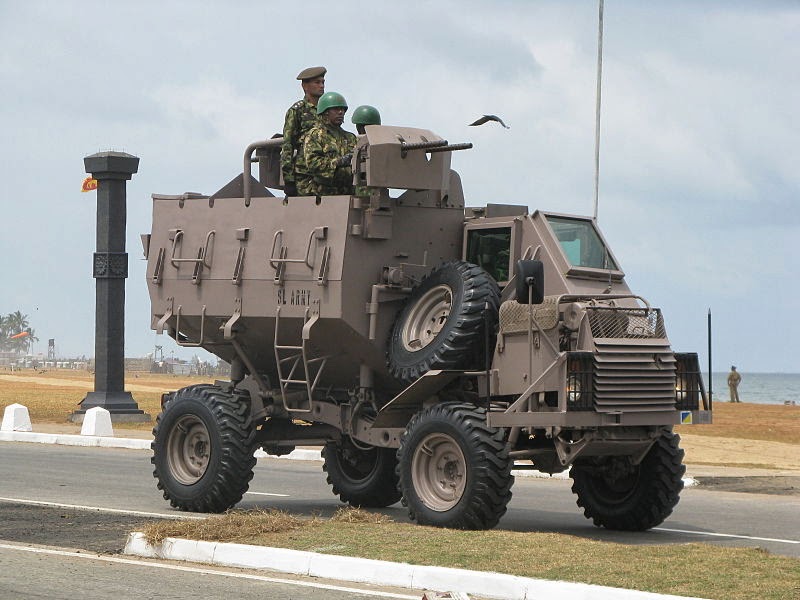This was the purpose of the counter-insurgency training we received, named COIN Urban.
We were taught the principle of minimum force, allowing people the freedom to express their views and feelings in protest while keeping them and others safe from those who wished to bring chaos and violence, hidden in the crowds. It was not specialized training, but merely the very basics of crowd control and dispersion in case of incidents. We relied more on a show of force than anything else, presenting a united front of likeminded soldiers in complete control of the situation. We used the R4 rifle again, but the amount of ammunition was severely limited as to not let any situation get out of control and turn into something regrettable, like the Marikana incident proved. Our marksmanship had to be near perfect and we practiced hitting moving targets on the rifle range. We were presented with a number of unmarked moving targets, and these were never to receive any hits. There would then appear a marked target and it would be moved amongst the others. The target was then identified by the instructor in charge and we would fire away as per his command. The targets were then inspected for wounds and the necessary corrective training implemented (Running, crawling, puking).
We had to be perfect. The elections were to be held in April of '94 and there was no time for playing around. They were about to release us to our duty and we could not afford to be lacking in any areas.
Teargas is heavily relied on in governing the behavior of the masses and so we were trained in the use of them. This was much less fun then the work done on the range.
The first time we encountered teargas was when our instructors told us that we had to know what the effects of the gas had on the human body. This meant one thing and one thing only, we had to be gassed! And so we were. The trick with a filtered gas mask is to make sure it fits tight and then, and most importantly, to stay calm. Air is sucked into the mask through its filtration device and cleared of pollutants so that one can breathe. But wearing them is quite a hassle as they do make breathing more of an effort, as our PT sessions showed. Basically, if you don't suck hard enough you can't breathe, if you suck too hard you suck all that nasty gas right into the mask and can not breathe.
The first time was hectic. We were made to sit down together and subsequently pelted with gas grenades. It was total chaos. Guys were running in all directions, trying to get the masks off their faces. It burnt like fire! We had to sit down again for another run, as we obviously and miserably failed the first. This time I stayed calm. I closed my eyes, tried to discard the sounds of chaos all around me and just sat there breathing easy. It got so calm, in fact, that at one stage I heard Sgt. Pedro yelling at me from a distance: "Bouwer, are you going to join us at some stage!?" I looked up and saw that the squad had formed up, ready to move out. I had gotten so quiet and relaxed I didn't even realize we were done. I aced it!
Further training focused on vehicle movement. The Buffel armoured personnel carrier was used for rapid debussing and movement. This was a tricky fellow, as it was not meant for this type of application, but was still very useful due to its height. This made getting in and out somewhat difficult with a rifle and a mask, but it was a necessary skill to master.
Buffel APC (Image courtesy of Wikipedia)
Our training complete, we were deemed ready for the election process. We would be posted into several rural communities ensuring trouble-free elections, and after that we would be called into service again during the inauguration of the new President. More about that in Part 3.
Take care...
